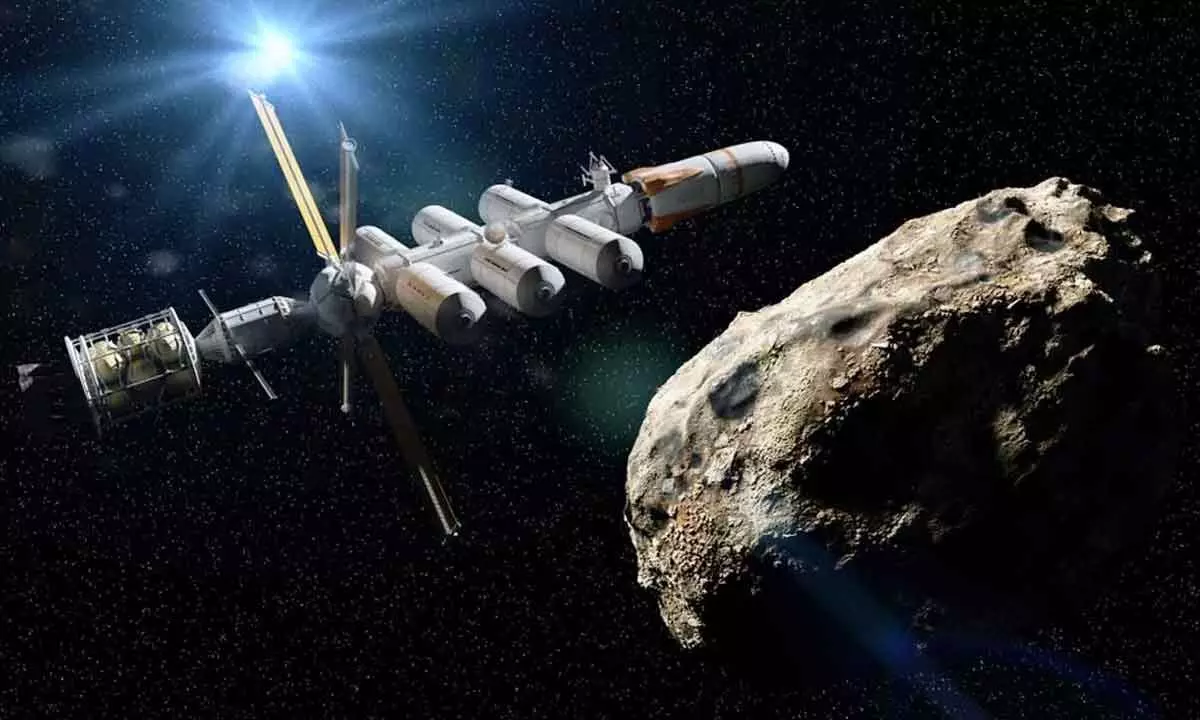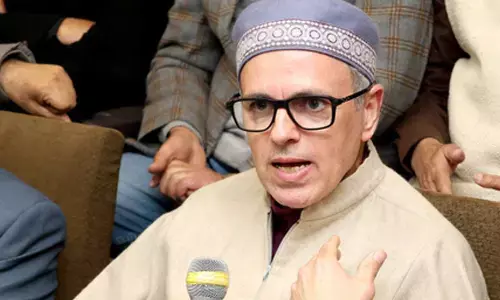Mount measures to keep peace in outer space

‘Star Wars’ series helmed by George Lucas took the theatres by storm in late 70s and quickly spawned a whole industry of movies, TV shows, books, comics and merchandise. The series shows the corrupting influence of power and depicts galactic battles between good versus evil, democracies versus dictatorships. Many years later, Lucas was said to have divulged that the idea of Star Wars came to him during the Vietnam War, about the time that Richard Nixon was trying to run for a second term, and set him thinking on “how do democracies get turned into dictatorships?”
During the last two decades, many democracies have turned authoritarian, with rulers riding shod over free press, freedom of speech, weakening judiciary and, thereby, the rule of law. According to a study by University of Birmingham, the number of countries rated as fully democratic has decreased over the past 20 years, and in 2022, more countries became more authoritarian than in any year since 1990. Only a few years earlier, popular will rose against the Strategic Defence Initiative, proposed by President Ronald Reagan. He proposed a space-based missile defense programme to protect the country from a large-scale nuclear attack. Democratic Senator Ted Kennedy decried the proposal as “reckless Star Wars schemes” for seeking to put a defensive system in space, to create a shield in space to intercept incoming missiles.
The SDI was attempted but discontinued after the Cold War, for want of technologies as well as massive funding. This incident of attempting to weaponise space technologies came to mind following an announcement in March first week by Yuri Borisov, the head of Roscosmos, the Russian Space agency, that China and Russia are eager to build a nuclear power station on the Moon by 2033–2035. There has already been a buzz about some nations seeking to build anti-satellite nuclear/laser weapons.
A new kind of Cold War seems to be gripping the west and there are heightened fears of some taking the war to the frontiers of space. Actually, Cold War spread to the space long back in 1957 with the launch of Sputink 1 by USSR, which rattled the US. It is history that the latter came to dominate space sciences. USSR vied intensive to catch up, but lagged far behind. A few decades since disintegration of the USSR, one is seeing a new power pitting itself against the West including the US. In a short time, China, which was behind even India, has developed its space tech hugely, attempting ambitious feats. This year itself, it plans as many as 100 launches and is on course to manned moon mission by 2030.
It does not need rocket science to say with certainty that there would be devastating consequences should conflicts soar to the space. It is time bodies like the UN step up, to nip in bud any misadventures in the space by drawing a line. A dialogue should begin earnestly. Peace must prevail in the space, with equity and justice, for harnessing space sciences for the betterment of mankind, and not its annihilation. Reduce risks of space arms race. And that is what the 1967 Outer Space Treaty stipulates - that space should be used for peaceful purposes, and that all nations should have free access to it. It fructified after years of deliberations that had begun in the 1950s. It prohibits the stationing of weapons of mass destruction (WMD) in outer space. It is a resolute no to nuclearisation. All nuclear nations must abide by it. True democracies respect the will of people. Risk is with authoritarian regimes like China and Russia.

















